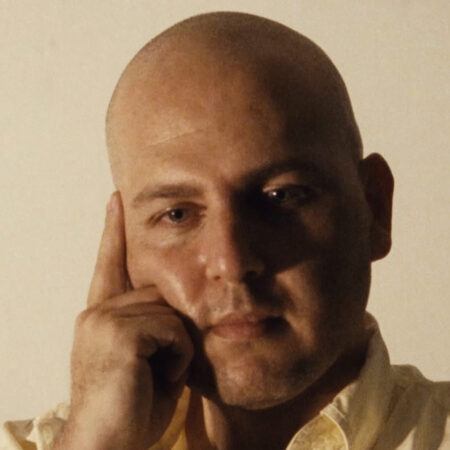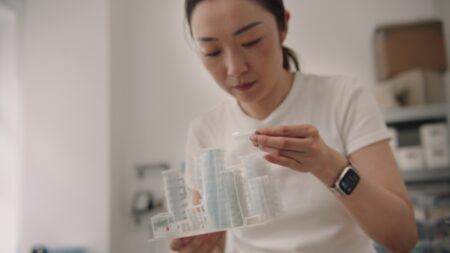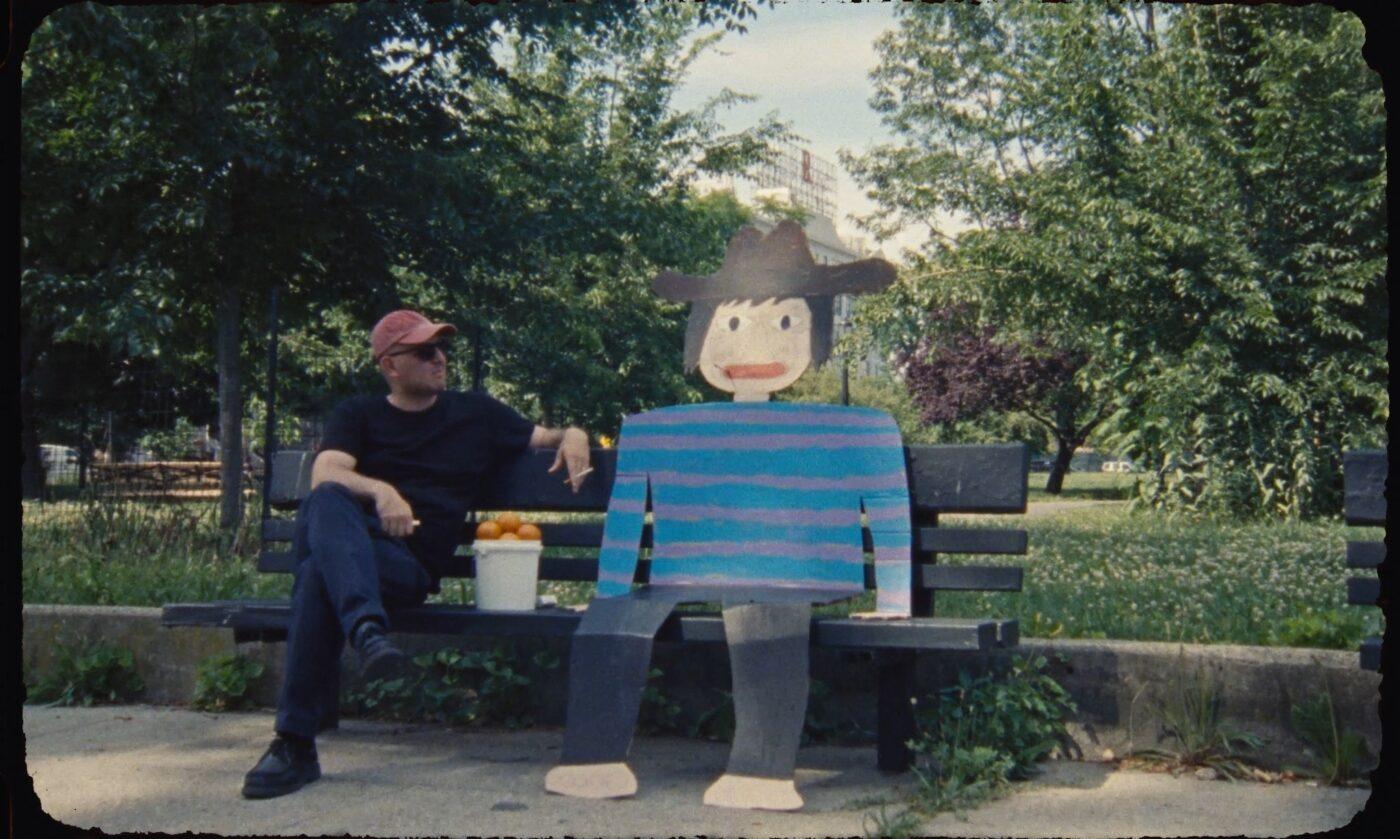Hadi Falapishi

Hadi Falapishi was born in 1987 in Tehran, Iran and currently lives and works in New York City. The artist received his MFA from Bard College in 2016. Falapishi’s work playfully subverts our most basic assumptions about power dynamics, identity, and the role of the artist by humorously revealing the fragility of our social order. Spanning painting, drawing, sculpture, and performance, the artist’s practice blurs the lines between high and low culture, the handcrafted and the store-bought, the artist and the clown.
Falapishi frequently utilizes self-portraiture to question the cultural status of the artist in works such as Professional Painter (2023), Self Portrait (2023), or Almost Perfect (2023). In these pieces, the artist depicts himself standing in his boxers holding a bucket of house paint, as a stuffed animal with a ceramic vase on his head, or as a clown performing in the circus, deflating the heroics of artistic practice to reconsider the role of the artist. “I love that tension of who gets to tell more truth,” says Falapishi. “Is it the clown in the circus who can criticize society or is it a serious artist?” In other works, the artist introduces a cast of cartoonishly rendered characters–a mouse, a cat, a dog, and a human—to challenge our common understandings of how these creatures and pop cultural figures should behave. In paintings, drawings, and sculptures, Falapishi depicts these creatures as friends and humans as their subordinates, as in his work Mousehole #7 (2023). Using these cartoonish figures, the artist is able to tell stories that speak to cultural issues and reveal universal truths.
Falapishi’s work challenges conventions not just through content, but in the forms that he engages. Works like Are We Home (2020) or Young and Clueless (2021) are produced by drawing on photosensitive paper in a darkroom: diverging from the documentary nature of photography to make photographic images that are the byproduct of a solitary experience and internal vision of the world. In paintings and sculptures, the artist merges the skilled and deskilled, framing a detailed oil landscape with stuffed animals in Self Portrait, or including childlike drawings of cats and dogs on a masterfully crafted vase in Dreaming Man (2023). “There is always this sense of two things contradicting each other,” says Falapishi. “There is a clash of two totally different things resisting each other, and that’s how the effect of what I’m producing is made.” Through his diverse approaches, Falapishi reminds viewers that even the most seemingly fixed ideas and relationships can be challenged and reimagined.
Videos 1
“There is always this sense of two things contradicting each other. There is a clash of two totally different things resisting each other, and that’s how the effect of what I’m producing is made.”
Hadi Falapishi

